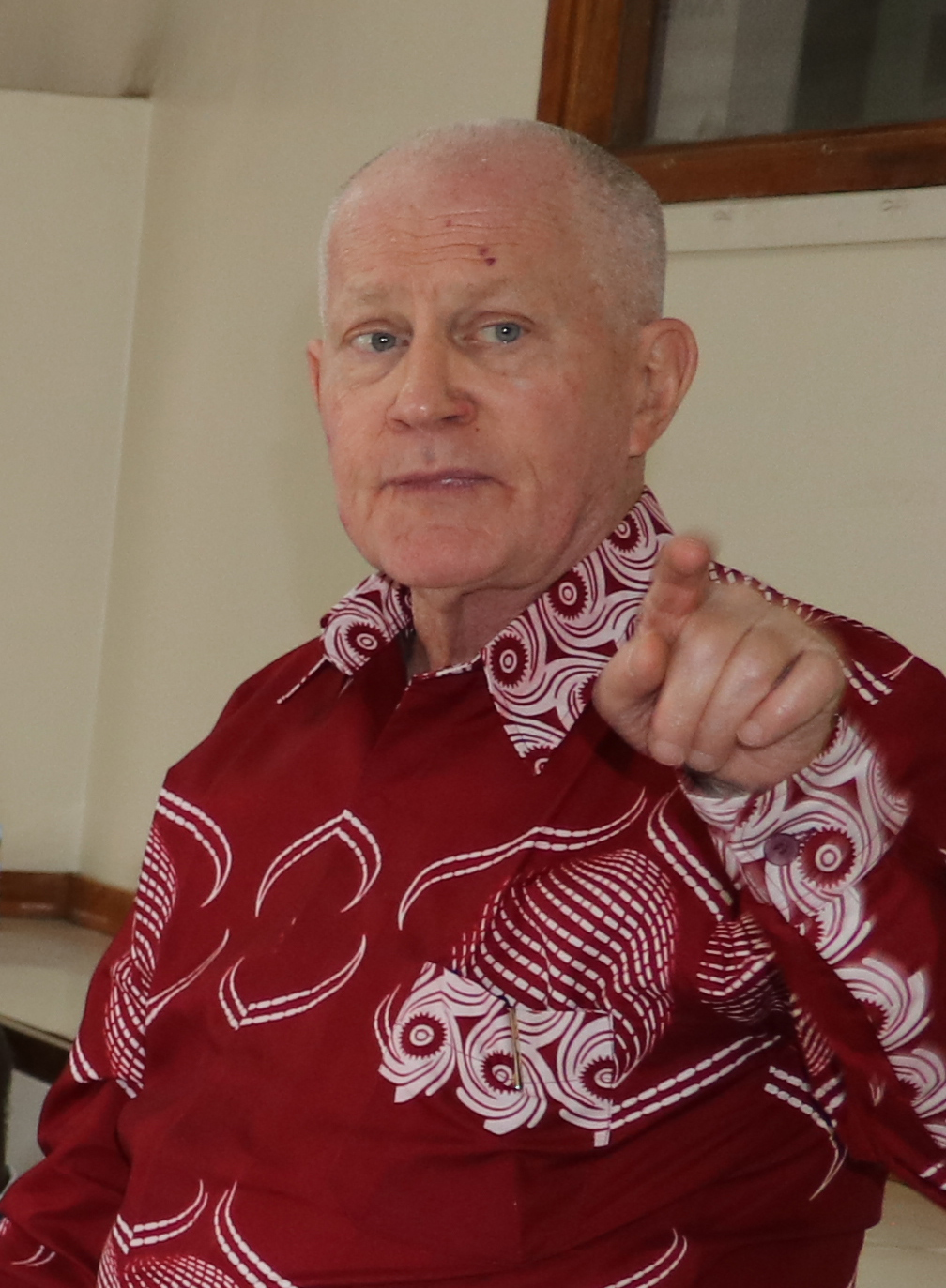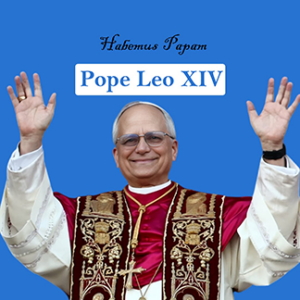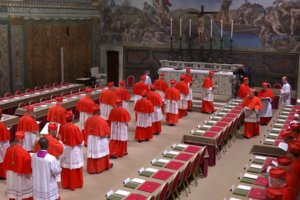KENYA: Kenya- based Maryknoll Missionary Appreciates Growing number of African Theologians in the Church

Rev. Fr. Joseph Healey, MM.
Sr. Jecinter Antoinette Okoth, FSSA
The increasing number of African theologians in the Church as compared to the previous years has been applauded by a Maryknoll missionary priest who has expressed that, “African Theologians are now writing their own histories and theologies.”
In his message to theologian, academicians from multiple disciples and front-line workers at a recent congress convened by the Pan-African Catholic Theology and pastoral Network in collaboration with the Catholic University of Eastern Africa (CUEA), Fr. Joseph Graham Healey narrated that in the past generations “most writers of African history and African Theology were Westerners,” and the few African Theologians were “mainly trained in the West.”
He underscored while addressing participants during the second biannual Pan-African Catholic Congress on Theology, Society and Pastoral Life, “You are the lions and lionesses of contemporary Africa. You have passed from being younger brother or younger sister to being equal partners in the exciting enterprise of World Theology and World Catholicism.”
The Native of the United States (US) who was recently awarded by the bishops of the Association of Member Episcopal Conferences of Eastern Africa (AMECEA) for his exemplary dedication in training pastoral agents in the region on the use of modern social communication and promoting Small Christian Communities ecclesiology, used an African proverb as an analogy to make meaning of his observation.
“Until the lions have their own historians the history of the hunt will always glorify the hunter,” Fr. Healey disclosed the proverb noting that currently African theologians are writing their own African Catholic theology which includes “writing African narrative theology also called African story theology.”
He added,” This is connected to African palaver theology that is also called African baraza theology and African conversation theology.”
While appreciating this advancement of African theologians, the cleric known for promoting Small Christian Communities (SCCs) in the Eastern Africa region highlighted that a new book “Handbook of African Catholicism,” is a clear “witness to the growth and maturity of African Theology and African Theologians.”
According to the Maryknoll Missionary, “Christianity’s center of gravity has shifted in the modern world from the Northern continents to the South, with Africa playing a dominant role in the resurgence of the faith.”
Sharing about the new published book, Fr. Healey popularly known as “Mwanajumuia” (a member of SCCs), said the book is arranged in five sections: History and Mission; Formation, Education and Communications; Church and Society; The Body, Health and Healing; and Catholic Theological and Philosophical Traditions in Africa and contains chapters written by 50 scholars, specialists and practitioners.
“The book provides a disciplinary map for understanding African Catholicism today by engaging some of the most pressing and pertinent issues, topics, and conversations in diverse fields of studies in African Catholicism,” Fr. Healey said.
He added, “It is a road map for scholars in following the development of African Christian thought, the current state of research in specific areas, and methodological approaches being employed in understanding the Christian movement as it crosses different cultural, religious, theological and social frontiers in Africa.”
As a member of SCCs, the cleric has written a chapter on the book elaborating on “SCCs in Africa; Histories, Themes, Development and Challenges,” where he acknowledges that Pope Francis’ emphasis on the ongoing synodal theme is actually “embodied in the SCCs.”
“He (Pope Francis) has given impetus to the synodality that was introduced in Vatican II – the entire Catholic Church walking, journeying, discerning and evangelizing together,” the cleric said and continued, “This is an on-going process of listening, discussion, dialog, debate, discernment and proposed pastoral responses that builds on collegiality and subsidiarity under the guidance of the Holy Spirit. SCC members participate in this journeying together through the use of the “See,” “Judge/Discern” and “Act” method and various forms of pastoral theological reflection and decision-making starting from our life experiences.”
As the US born missionary appreciates the African theologians, he acknowledges that “an increasing number are the women theologians.”


